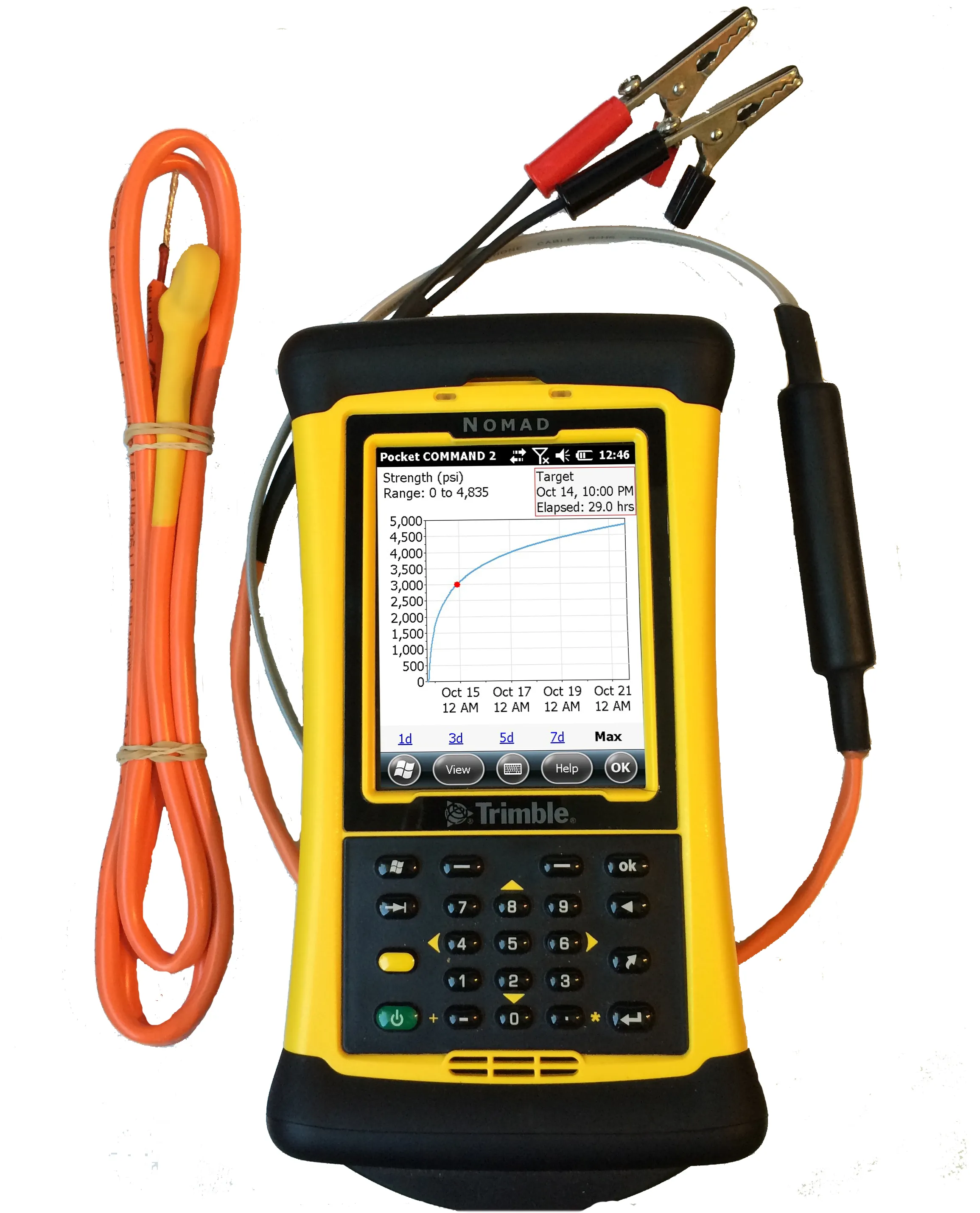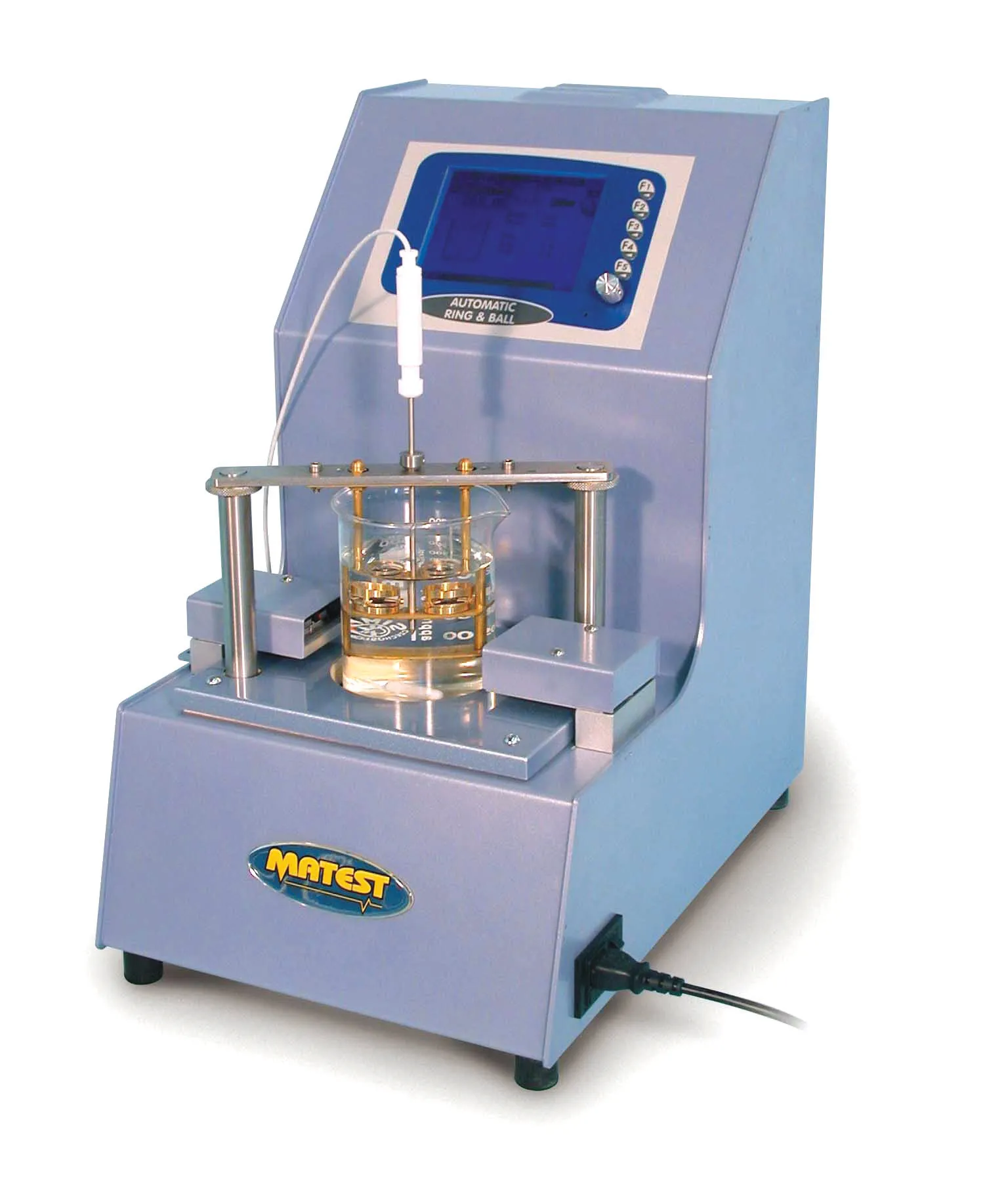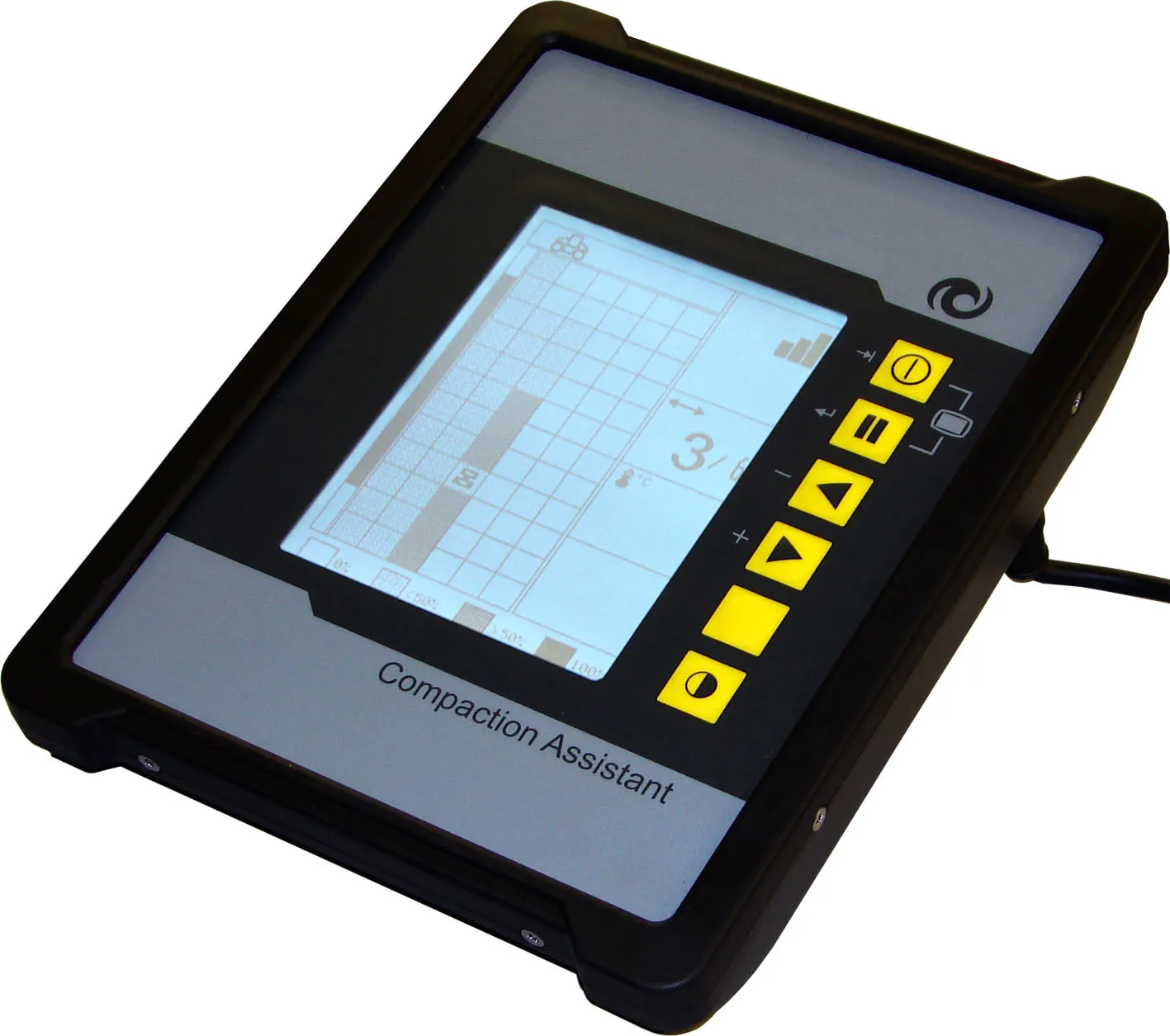
Transtec Group has launched what it says is a powerful upgrade for concrete maturity and temperature monitoring.
Command Center 2.0 (CC 2.0) includes updated desktop and mobile software, improved readers for data collection and a more durable, highly visible sensor cable.
Construction teams use Command Center to track maturity, strength and internal temperature of fresh in-place concrete. The new software increases efficiency to meet required specifications for maturity monitoring, thermal control plans, hot and cold weather concreting, precast and mass placements.
Command Center software was initially developed in 2003 by pavement engineering firm
In the years since, it has been used on thousands of projects across the world for all types of concrete applications. The system is designed to speed up project schedules, reduce budgets and satisfy project requirements through the use of smart sensors and user-friendly software.
The CC 2.0 software saves time with auto-recognition of previously downloaded sensors and the ability for multiple sensors to be stored in the same project file. Its desktop software includes a maturity-curve-building wizard and batch reporting options to streamline data analysis and distribution processes. A new auto-save feature ensures sensor data collection is quick and easy without risk of data loss.
The CC 2.0 software update is free for existing customers and the Command Center team offers free web-based training for simplified on-boarding.
Pocket Command Center readers have been upgraded to
All Nomads are pre-loaded with Pocket Command Center 2.0, including Wi-Fi capability for users to email field data immediately and are compatible with existing sensors and cables.
Command Center sensors now have an upgraded cable with a highly visible orange colour, and a cable jacket three times more durable to withstand harsher conditions. They carefully measure and store temperature readings internally at fixed intervals depending on your specific needs for monitoring concrete temperature and strength gain.
Existing Command Center users have the option to upgrade the software on legacy devices for free by contacting the Command Center team for self-installation instructions.
If preferred, users can mail the reader to update at no additional cost.
Transtec Group, based in Austin, Texas, is a pavement engineering firm that provides expertise in pavement design, research, construction, rehabilitation, software development, Public-Private Partnership (P3) projects and technology transfer for the transportation industry.









